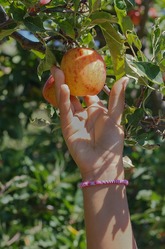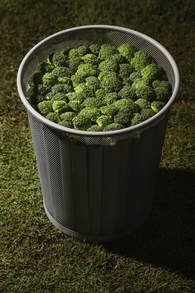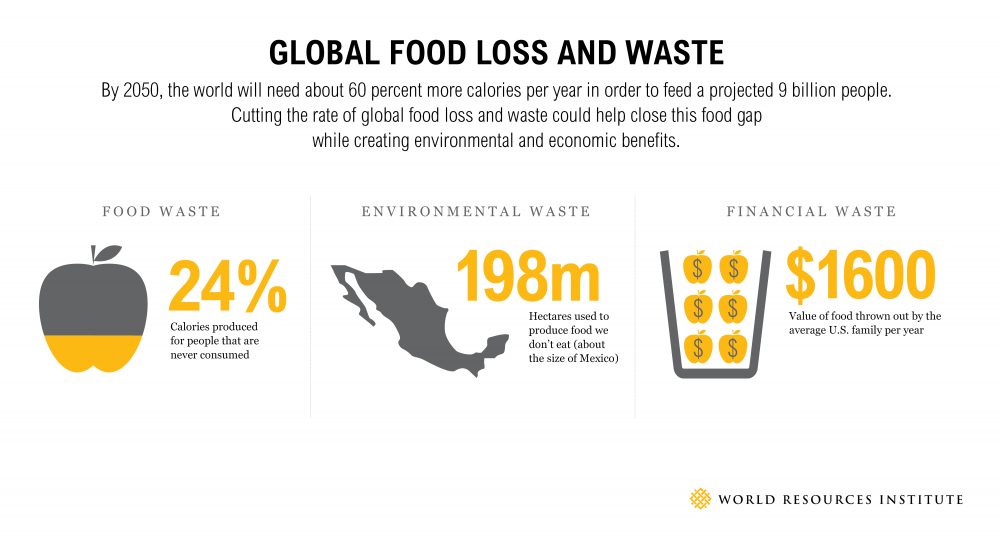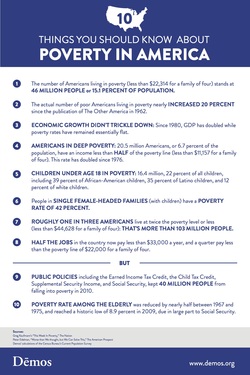 Photo: Stock Unlimited (1916164)
Photo: Stock Unlimited (1916164) Companies like Yerdle advocate for collective consumerism or a sharing economy, as reported in the Los Angeles Times. Yerdle allows people to offer goods they no longer use to friends, while other companies are focusing on extending the useful lifetime of goods or make them from scrap materials.
"Our whole retail model over the last 50 years has focused on keeping the industrial machine churning out items," said Ruben, who until 2007 had an up-close view as the head of sustainability at Wal-Mart Stores Inc., the king of mass-produced goods. "But if my friend already has shinguards that he's not using, I don't need to buy them for myself."
...Instead of trying to shrink a product's environmental footprint from the production side by making it with less material, advocates — especially clothing and shoe companies — are trying to extend its usefulness on the consumer end.
Retailers such as Hello Rewind are selling goods and products reworked from discarded scraps. Textile makers are experimenting with longer-lasting fabrics. Some businesses are asking shoppers to scale back their buying.
"It fits perfectly with the new movement toward sustainability in the fashion industry," said British designer Orsola de Castro, whose From Somewhere brand is considered an eco-apparel pioneer. "Hyper production and the sheer availability of cheap clothing has made us forget the value of maintaining and repurposing clothes and textiles."





 RSS Feed
RSS Feed
